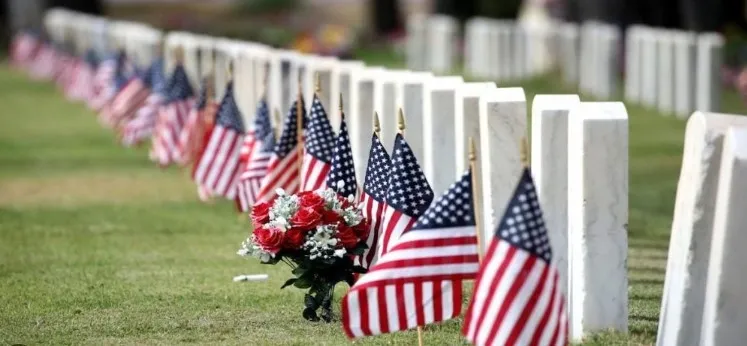Understanding Memorial History and How Americans Observe the National Day of Remembrance
by: Staff of Ark-La-Tex Gazette
Memorial Day, observed on the last Monday of May, is a solemn national holiday in the United States dedicated to honoring the men and women who died while serving in the U.S. military. Originally known as Decoration Day, its roots trace back to the aftermath of the Civil War, a conflict that claimed more American lives than any other, prompting the need for national cemeteries and a collective way to remember the fallen.
Origins of Memorial Day
The first widely recognized observances of Memorial Day took place in the late 1860s, with communities across the country holding ceremonies to decorate the graves of soldiers with flowers and flags. One of the earliest recorded observances occurred in Charleston, South Carolina, in 1865, when a group of formerly enslaved people organized a tribute to Union soldiers buried in a mass grave. In 1868, General John A. Logan of the Grand Army of the Republic officially designated May 30 as a day of remembrance for fallen soldiers, a tradition that steadily gained national recognition.
Over the years, Memorial Day evolved to honor all American military personnel who died in any conflict, from the World Wars to more recent operations in Iraq and Afghanistan. In 1971, Congress declared Memorial Day a federal holiday and moved its observance to the last Monday in May, creating a three-day weekend.
How Memorial Day Is Observed
Across the United States, Memorial Day is marked by a variety of traditions that reflect both reverence and community spirit. Local and national ceremonies are held at cemeteries, monuments, and memorials, with many Americans placing flags and flowers on the graves of veterans. The National Memorial Day Concert, broadcast from the U.S. Capitol, features performances and tributes to fallen service members and their families.
In Washington, D.C., a wreath-laying ceremony at Arlington National Cemetery is a central observance, often attended by the President or Vice President. At 3:00 p.m. local time, a National Moment of Remembrance is observed, encouraging Americans to pause and reflect on the sacrifices made by members of the armed forces.
A Day of Remembrance and Community
While Memorial Day weekend is often associated with the unofficial start of summer—marked by barbecues, parades, and family gatherings, the heart of the holiday remains firmly grounded in remembrance. Community events often blend somber reflection with patriotic celebration, reminding citizens of the cost of freedom and the lives given in its defense.
Veterans organizations, such as the American Legion and VFW, play a significant role in organizing events, distributing poppies, and educating the public about the holiday’s significance.
As the United States continues to navigate new global challenges and honors the legacy of its service members, Memorial Day remains a vital opportunity to come together in respect and gratitude for those who made the ultimate sacrifice.

